When I first started gardening, I was a total newbie. I had recently embraced a more natural, holistic lifestyle and was eager to dive into the world of gardening, even though I didn’t have much experience. I was so excited to see the little buds pushing their way through the soil, but soon enough, things took a turn. I faced a host of gardening problems that left me frustrated and overwhelmed. That first year, I ended up giving up—something I don't like to do. I wish I had pushed through, because gardening, like anything, takes time and learning.
By my second year, I had been using essential oils to clean my home, support my family's health, and create a peaceful, natural living environment. I had seen firsthand how powerful and versatile these oils were, and I couldn’t help but wonder—could they help me in the garden, too? After all, essential oils had solved so many of my other problems; surely, they could be an answer to garden pests, plant health, and more.
So, I decided to take a deeper dive into how essential oils could support my garden—and that’s when the magic really started to happen.
The Benefits of Essential Oils in the Garden: A Natural Approach to Pest Control
As you may know, bugs can be relentless, and one of my plants fell victim to an infestation of fire ants the moment I placed it outside. I’d been using peppermint oil around my home to keep ants at bay, so I thought, “Why not try it in the garden?”
I filled my watering can with a solution of 6-8 drops of peppermint essential oil per gallon of water and watered the plant thoroughly. The next day, I was thrilled to find that the fire ants had completely disappeared! It was proof that essential oils were a natural, effective way to tackle pests without resorting to harmful chemicals.
Essential oils can be used to repel a wide variety of garden pests by simply adding a few drops to water and using it to water your plants or spray on the foliage. Here are a few oils that can help repel common garden invaders:
Essential Oils for Pest Control in the Garden
- Ants: Peppermint, Spearmint, Pennyroyal, Garlic, Citronella, Orange
- Aphids: Cedarwood, Hyssop, Peppermint, Spearmint, Orange
- Beetles: Peppermint, Thyme, Garlic
- Caterpillars: Peppermint, Spearmint, Pennyroyal
- Flies: Lavender, Peppermint, Rosemary, Citronella, Tansy
- Mosquitoes: Lavender, Lemongrass, Pennyroyal, Citronella
- Ticks: Lavender, Lemongrass, Sage, Tea Tree
- Spiders: Peppermint, Spearmint, Lemon, Lavender, Citronella
The best part? Essential oils are all-natural, so they won’t harm your soil or pollute the environment, unlike chemical pesticides that can damage beneficial insects and degrade your soil health.
How Essential Oils Can Help Prevent Disease and Support Plant Growth
But essential oils aren’t just great for pest control—they can also support plant health in other ways. For example, I started experimenting with oils like tea tree, oregano, and cinnamon to combat fungal issues. Tea tree oil, in particular, is known for its antibacterial and antifungal properties, which makes it an excellent choice for fighting plant diseases like blight and mildew.
You can also use essential oils to boost the flavor and fragrance of your plants. For instance, basil essential oil added to your watering can (6-8 drops per gallon) can enhance the flavor of tomatoes, which is perfect for anyone who enjoys growing their own produce. And, when combined with your natural gardening practices, it pairs perfectly with products like our all-natural soil amendments and fertilizers to create a thriving, healthy garden.
If you’re looking to promote healthy growth in your garden, a good starting point is ensuring your plants have the nutrients they need. Our natural fertilizers and soil amendments can support your plants in reaching their full potential—whether you're growing in containers or a traditional garden bed. When used in combination with essential oils, these products can help create a vibrant, thriving garden that’s naturally resistant to pests and disease.
Companion Plants and Essential Oils: A Natural Duo for Your Garden
Just like companion plants work together to support each other’s growth, essential oils can also be used to complement the plants in your garden. For example, did you know that adding basil essential oil can enhance the growth of tomatoes and other plants? I’ve had great success using essential oils as a natural companion to help repel pests and encourage plant growth.
Some Essential Oils for Companion Planting in the Garden
- Tomatoes: Basil (Add basil oil to your watering can for flavor-enhanced tomatoes!)
- Carrots: Sage
- Cabbage: Peppermint, Sage, Thyme
- Peas: Geranium, Carrot
- Sweetcorn: Savory, Tagetes
- Roses: Basil, Hyssop
Whether you're looking to support your vegetables, fruits, or flowers, pairing essential oils with your companion planting strategy can improve plant health, reduce pest pressure, and help create a more productive garden.
A Holistic Approach: Combining Essential Oils with Natural Fertilizers
Essential oils can make a big impact in your garden, but they work best when paired with a solid foundation. That’s where natural fertilizers and soil amendments come in. At The Seed Supply, we specialize in providing premium, organic soil products that help create the healthiest soil for your garden. When your soil is rich in nutrients, your plants are better able to withstand pests, diseases, and environmental stress.
Adding our natural fertilizers and soil amendments to your garden routine—alongside your essential oil regimen—will create a perfect synergy for healthier, stronger plants. Whether you’re looking to improve soil health, boost plant growth, or make your garden more resistant to pests and disease, our products are a natural complement to your holistic gardening practices.
Conclusion: Enhance Your Garden with Natural Solutions
Gardening is all about finding what works best for you—and for me, combining the power of essential oils with natural soil amendments and fertilizers has been a game changer. If you’re ready to take your gardening to the next level and create a healthier, more vibrant garden, I highly recommend giving essential oils and our natural gardening products a try.
Ready to get started? Check out our selection of all-natural fertilizers and soil amendments to give your garden the nutrients it needs to thrive. And don’t forget to stock up on essential oils for natural pest control and plant health!
What other ways do you use essential oils in your garden? I’d love to hear about your experiences in the comments below!

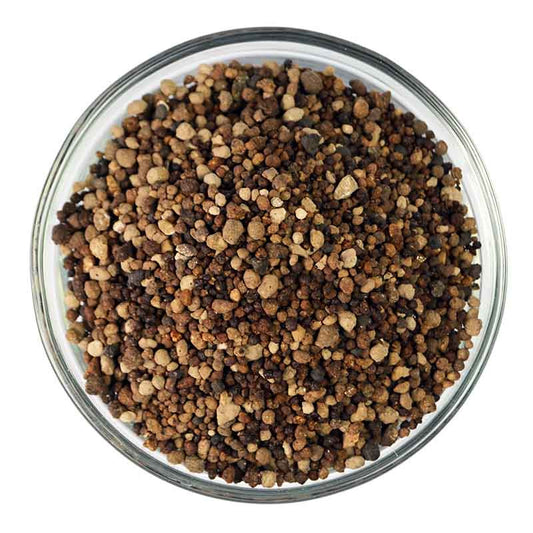
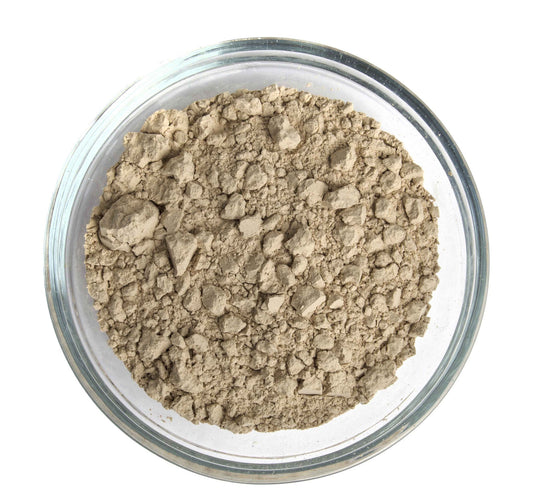
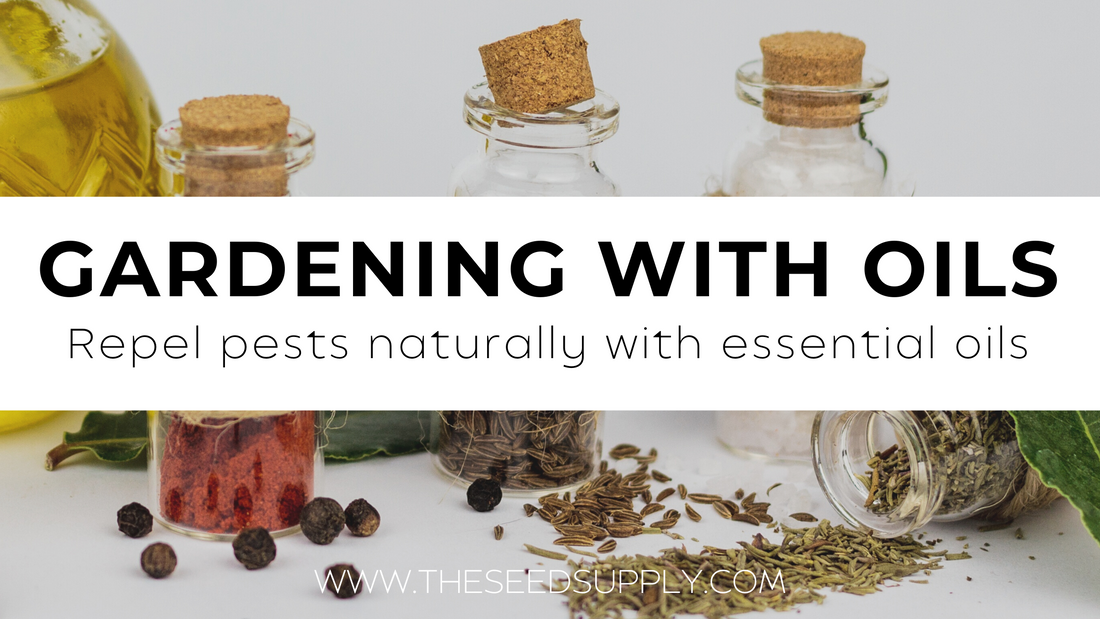
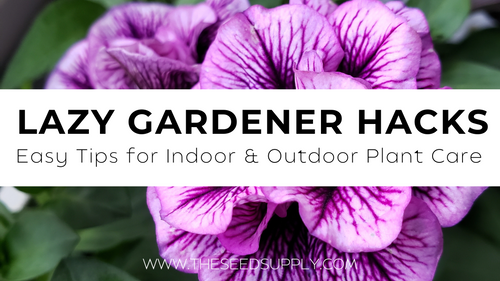
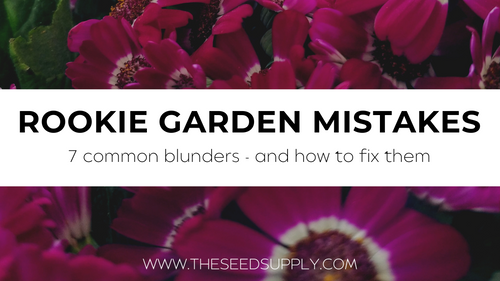
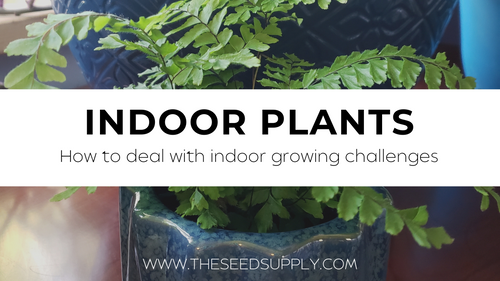
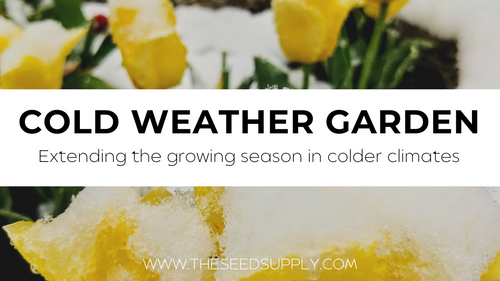
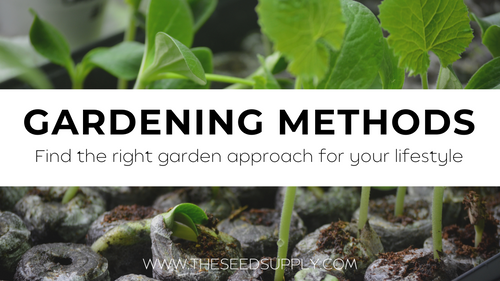
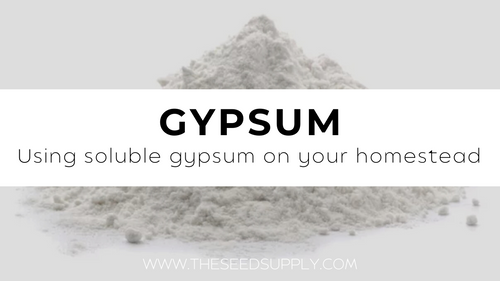
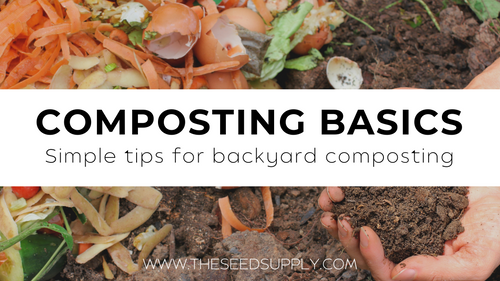
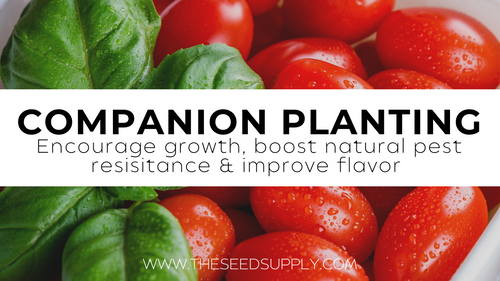
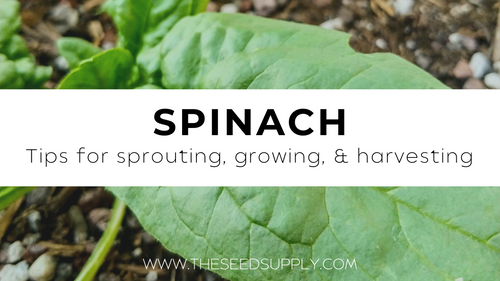
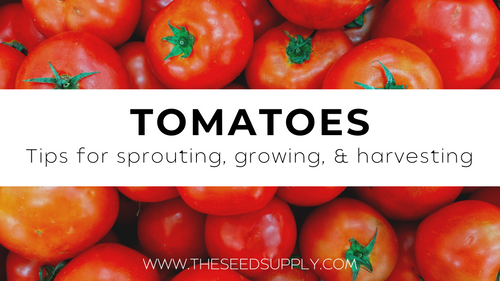
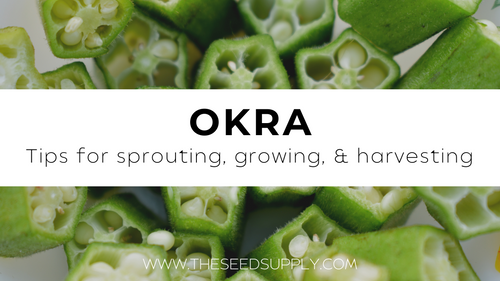
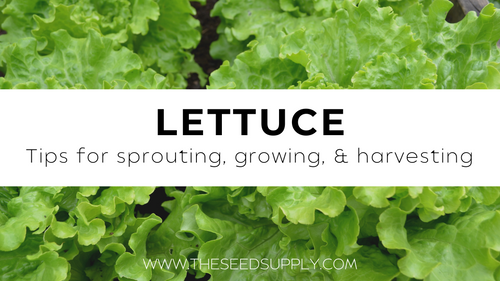
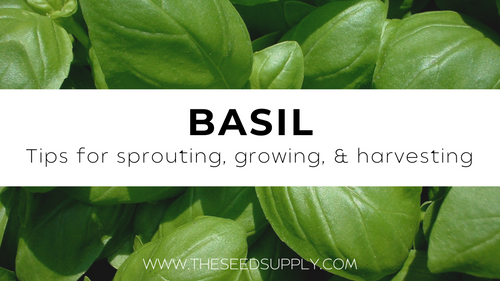
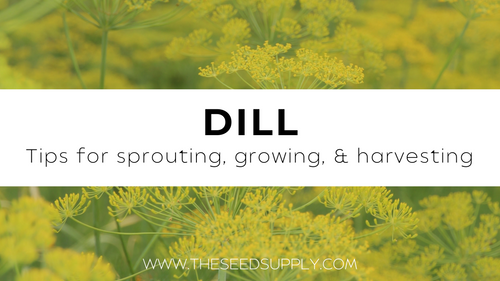
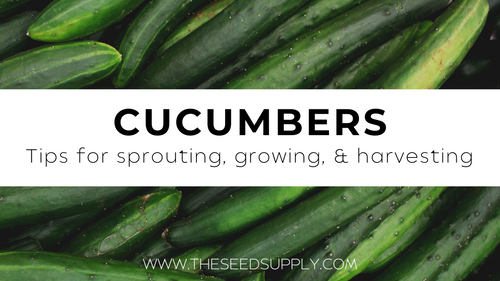
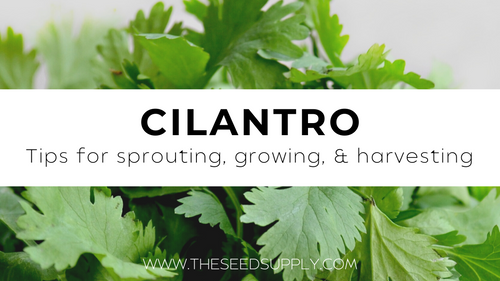
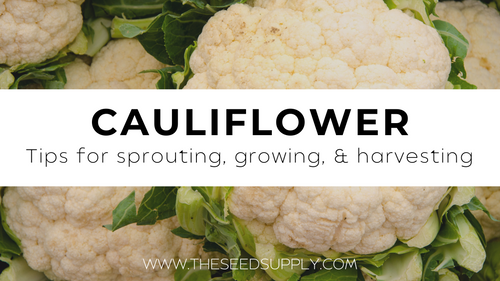
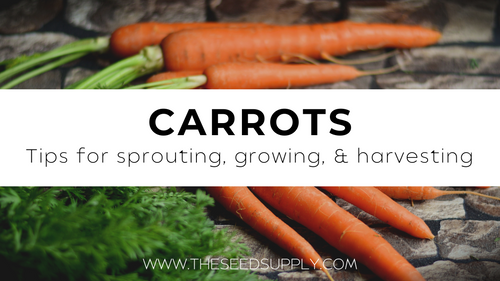
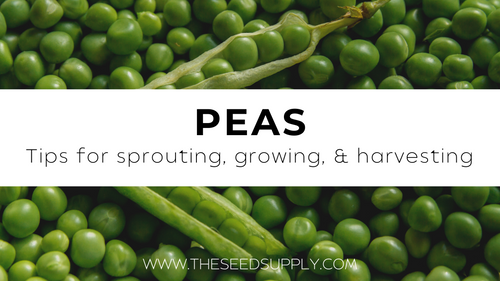
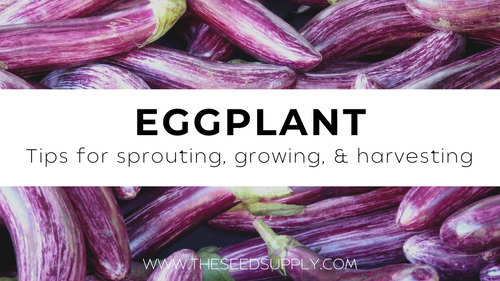
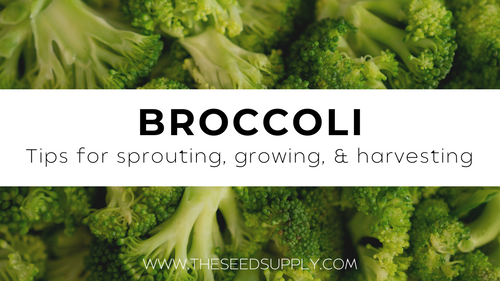
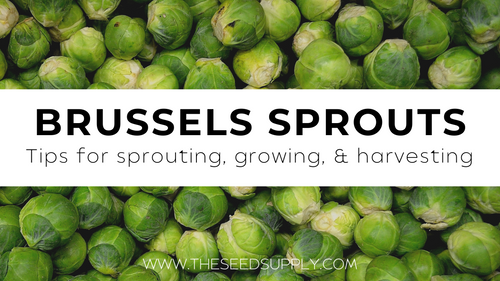
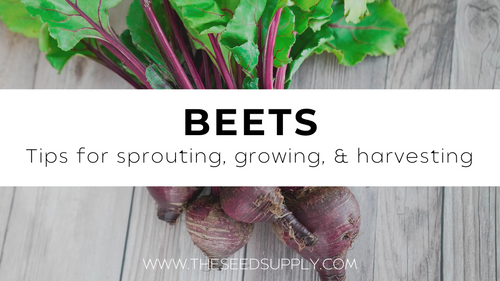
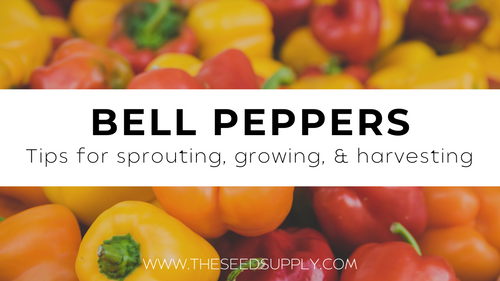
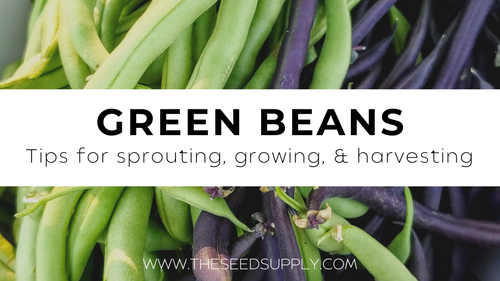
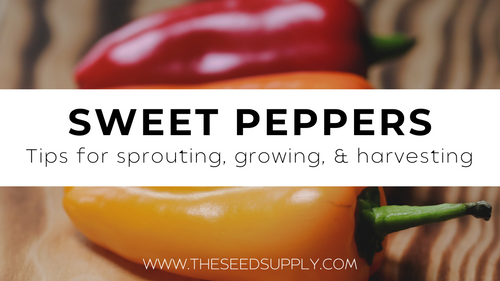
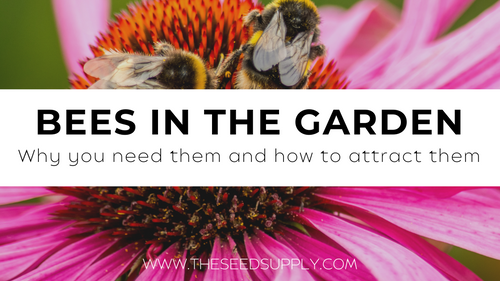
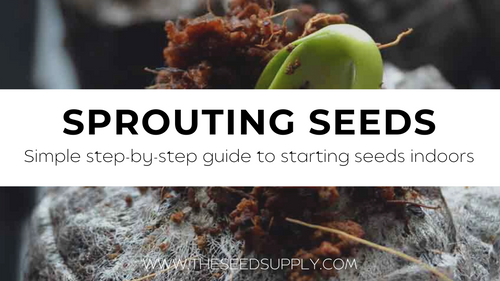
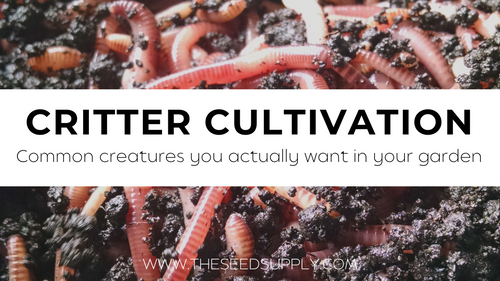
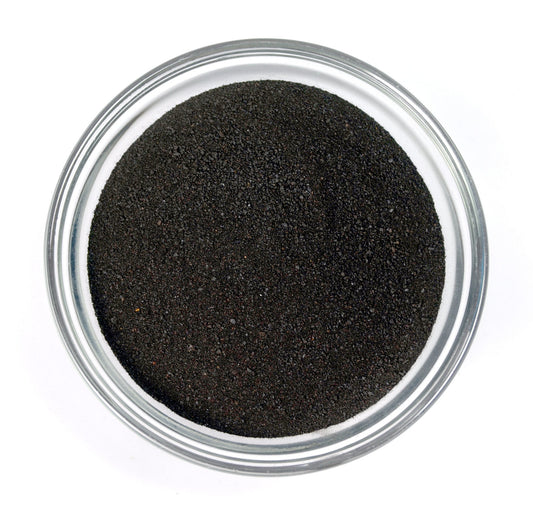
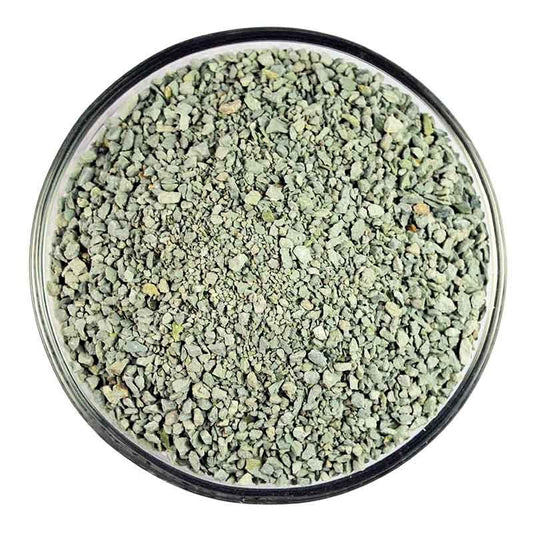
4 comments
Great article. I am confused about one thing though. I have read that cucumbers should never be planted with aromatic herbs particularly sage. Apparently it stunts their growth and can alter their flavor. Your article lists sage essential oil and yarrow to protect cucumbers. Would love to know more . Thank you!
Do you think it would be safe o use Dr. Teals Epsom salts with Activated Charcoal and Hawaiian Black Lava Salt in my tomato plants instead of regular epsom salts (I don’t have any plain), this also has juniper and grapefruit oil, so I’m not sure if it would harm my plants…
Thank you so much! I like you turned hippie @50! My kids left the house for college and I was a stay at home mom. I decided to jump into EO in Winter time to give me something to do. I soon realized how beneficial it was.. Spring approached and my hubby built me a box garden- I grew broccoli, Brussels, squash and much more! I never realized how much space these things need! Lol.. I also didn’t know I’d have to deal with moths, worms, caterpillars, fungus… ugh like you I was disgusted and gave up.. until the next year where I learned to plant certain herbs w/veggies to deter the bugs! I never even thought to use EO in the garden! I took your advice and made a spray bottle w/peppermint oil & water. I sprayed it on my strawberries because I noticed I had a few spider mites and they were laying eggs . 24 hrs later I saw nothing! These are only the 2nd year for them so I’m so glad they didn’t get infested with them.. can it harm the plant if there’s too much oil ? (Sometimes extra drops happen.. lol) BTW: when you’re done spraying your plants (peppermint oil/water) Give yourself a spray! It’s supposed to cool you off and works great when having a hot flashes!! Haha
I use a cinnamon blend natural soap to kill tent caterpillars on my persimmon trees here in Oklahoma. They get bad in the summer, and I’m glad I have something natural to use that won’t affect my soils.